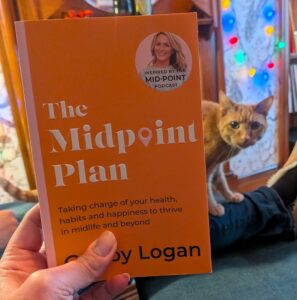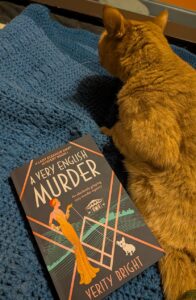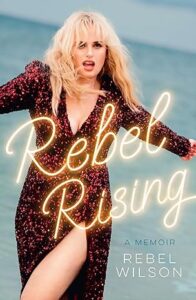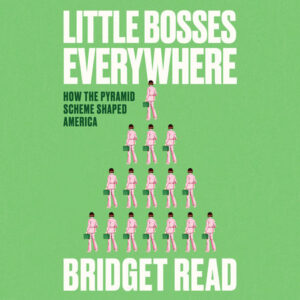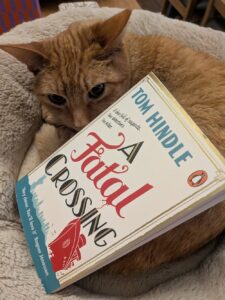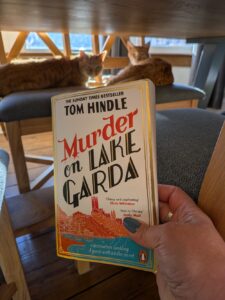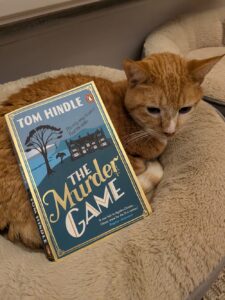The Midpoint Plan by Gabby Logan
Written by Ashley Kelmore, Posted in Reviews
Best for:
Folks in the middle stages of life who are interested in a sort of Midlife 101.
In a nutshell:
BBC Sport presenter and host of The Midpoint podcast puts some of what she’s learned through hosting her podcast into a book.
Worth quoting:
Take stock of what you want to change so you can repot yourself, be it professionally or personally.
Why I chose it:
I am, you know, not young, and will take any tips I can get.
Review:
The book is a compilation of things Logan has learned from famous guests on her podcast, and while it is a coherent read, and I love the way it is organised, some of the suggestions rubbed me the wrong way, as did the assumption that everyone has children. I know, if it’s not for me then move along, but considering around 20% of women over 45 don’t have children, that’s kind of a huge population to just disregard.
The book is divided into three sections – one that deals with mental health, one with physical health, and one with the other aspects of our lives. I felt I could skim some parts; for example, the chapter on fitness was mostly about convincing people to work out, and I do not need to be told that. Same with the chapter on alcohol – I have about one drink every quarter so again, not a big issue for me. Sections on parenting and divorce also didn’t apply. But I do understand why they are included – those can be huge issues for people in their 40s and 50s.
The nutrition chapter bummed me out – a lot of discussion around things that don’t have a lot of science to back them up, like intermittent fasting and ‘detox’ foods. Also a discussion about tips for quick weight-loss. Just … felt like a lot of instagram and tiktok-style guidance. I did find the section on hormones to be helpful, even though I have read other books that discuss that topic.
Overall I’d say this is a fine book to skim and pull ideas from that one might want to look into.
